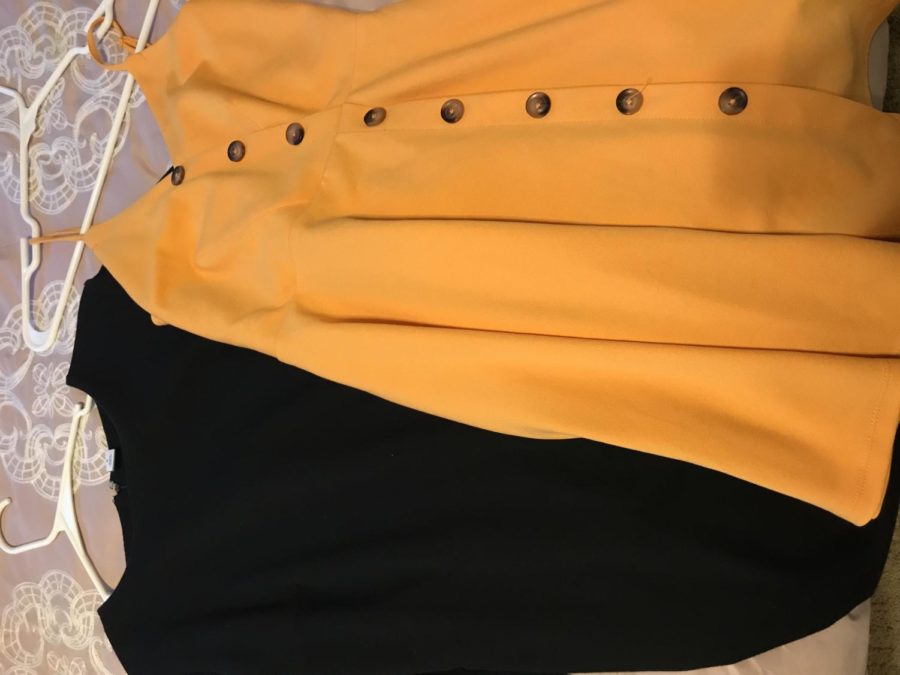Is My Dress Modest Enough?
Homecoming brings a rush of excitement all about campus. But it’s not just the big football game that has everyone excited, nor even the dance itself. To many of us, it seems like the most important part of homecoming is what we wear. And if you’re a teenage girl like me, your search for the perfect homecoming dress begins as soon as the theme is announced. However, we aren’t looking for just any dress, we’re looking for that dress. The one dress that doesn’t just make us look good, but feel good. Most importantly, we’re also looking for a dress that falls in accordance with Xavier’s dress code for the dance. We then find ourselves faced with an even greater challenge than actually finding a dress. . . determining if our choice of dress will be modest enough.
Comparing our homecoming dresses to the set guidelines we are given by Xavier is a useful barometer when figuring out if our dress is appropriate enough for a dance. Yet as some of us begin to transition out of highschool we learn that we aren’t always going to have guidelines outlining what clothing is modest and immodest. It doesn’t help that the very topic of modesty is deemed taboo in our society. Modesty is much bigger than any of us can comprehend. Modesty relates to not only how we dress but how we act, and even how we portray ourselves. Kaila Hunley 20’, a senior, defined modesty as, “being confident in what I am wearing and how I choose to act for the benefit of not just myself, but other people as well.” This definition reflects the broad meanings of modesty and how we relate it to what we wear.
The way we dress is the most physical form of modesty. It’s what we see when we think about modesty. But modesty isn’t just a set standard of how we should dress, it’s about why we dress the way we do. When someone calls on us to be modest, there is a huge misconception about what is meant. Many will automatically associate modesty with restricting a person’s individuality. When in actuality modesty is meant to help build you up. It’s true that no one likes being told what to do, especially what they should and should not wear. When talking about modesty in clothing Anyang Celbirio 20’ said, “The way people dress expresses their unique personalities as they showcase their cultures/ pop culture or their favorite color.” This is true. The way we dress is important to us, but how we feel about ourselves in what we wear.
Being confident in ourselves and what we wear is the ultimate goal for all of us. And being conscious of how modesty in our dress can help us to feel better about ourselves. We live in a society that tells us how we should dress and act. But society doesn’t necessarily teach us to love ourselves as we are. When we think of how to dress modestly in our everyday life, we must think about how we wish to carry and present yourself. One comment that Kaila Hunley 20’ made when asked about how to dress modestly was that “practicing modesty comes from how you perceive yourself. Modesty does not just include dressing a certain way but it also refers to your self-confidence and respect you have for yourself and your body.” Kaila’s thought prompts us to think about how we dress affects our self-confidence and how we see ourselves.
In today’s society, we often equate what we wear to the value of ourselves. We do this with simple things, without realizing it, like buying a homecoming dress. We began this article with the question of how we can define modesty in our dress, but this simple question only led us to more, and bigger, questions. There are many answers we can all give based on our own personal beliefs and values. Yet one thing that we can all agree on is a person’s self-worth is not determined by what they wear. We are not what we wear. Finding self-love and true confidence cannot be found outside of ourselves, it can only come from within.




